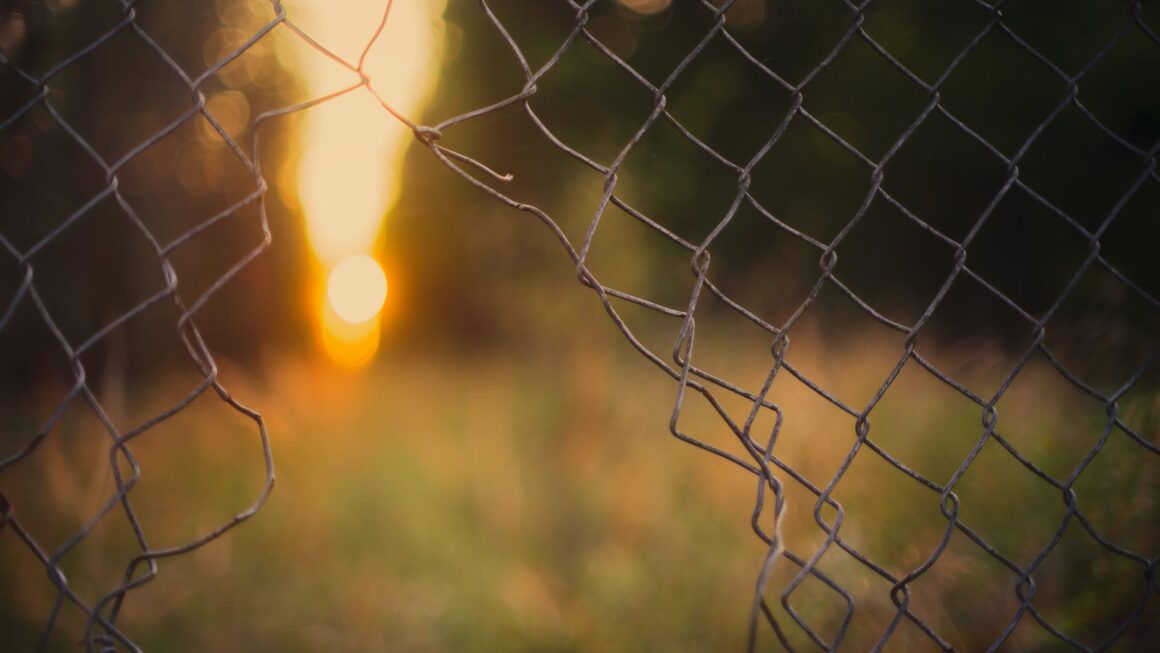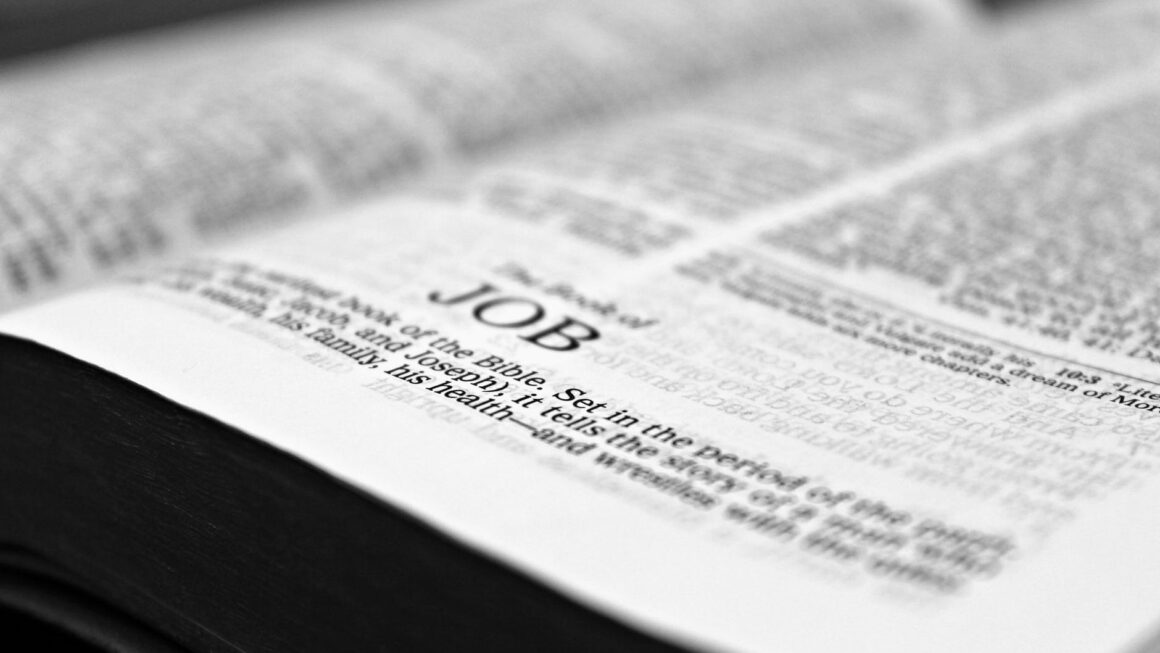The meaning of life, for a Christian, is taking care of the earth. God’s primary wish for humankind is being a faithful steward to the earth and everything on it. Sadly, when we talk about stewardship we often talk about money and tithes. But what’s up with the world?
When I was at Newbold College I was a member of the NSA. Not that NSA, the American organisation that keeps an eye on us at all times. I was a member of the Newbold Student Association. That was in a time when Newbold was having seven lean financial years, while all students were mandatory paying members of the NSA. The students were richer than the school. So we decided to give the College a hand. We had a plan that would not only help Newbold, it would save the world. We wanted to get a windmill on campus. The electricity would be shared with the College. Newbold is in a part of England that is well-suited for wind energy. Everything was sorted: plans, planning permission, you name it. But, if you go to Newbold today. No windmill. Why not? When we got to the final vote, one of the students stood up and said: ‘Why should we take care of the environment if Jesus is coming soon?!’ His argument was apparently very powerful, because when we got around to voting we decided against it.
Strange
If I’m honest, I thought that discussion was very strange. And I still think it’s strange. Actually, I think it’s unchristian. Ecology, taking care of the environment is an essential part of the Christian faith. In fact, I am wholly convinced that environmental awareness should be important to Adventists specifically. Maybe you not think that it me that is strange, but read with me in Leviticus:
For six years you shall sow your field, and for six years you shall prune your vineyard, and gather in their yield; but in the seventh year there shall be a sabbath of complete rest for the land, a sabbath for the Lord: you shall not sow your field or prune your vineyard. You shall not reap the aftergrowth of your harvest or gather the grapes of your unpruned vine: it shall be a year of complete rest for the land. (Leviticus 25:3-5, NRSV)
The Sabbath
Isn’t it very special the world gets a Sabbath just as people do? We work for six days and receive one off, the earth works for six years and receives one year of rest. It is self-evident that the earth’s year of rest has the same goal as our day of rest: restoration, recreation, revitalisation and renewal.
I see an important principle behind this. God cares about all of his creation and we need to contribute. We are the stewards and are tasked with maintaining and preserving the parts of God’s creation that we have control over.
Let’s go a bit deeper. Faith gives life meaning. The Bible and God are the sources of answers to the ultimate questions. Why are we here? What is the meaning of life? A good place to start looking for answers in the very beginning: creation. Surely God created humans for a reason, and that reason is automatically the meaning of our existence.
Taking Care of Eden
The Bible does not tell us why God created humans. At least not in so many words. But the author of Genesis does suggest – quite strongly – that the first human was put in Eden to take care of it. When God decides to make humans, he says:
Then God said, ‘Let us make humankind in our image, according to our likeness; and let them have dominion over the fish of the sea, and over the birds of the air, and over the cattle, and over all the wild animals of the earth, and over every creeping thing that creeps upon the earth.’ (Genesis 1:26, NRSV)
The first humans are created and immediately given a reason for their existence: they must ‘have dominion’ over the earth and all that is on it. That ‘have dominion’ means preserve and look after becomes clear a chapter later:
The Lord God took the man and put him in the garden of Eden to till it and keep it. (Genesis 2:15, NRSV)
It seems quite clear that humankind was made to protect and manage the rest of creation. It seems as if the reason for our very existence can be found in caring for creation. The primary task of humans is being a steward of God’s creation.
Creation
Environmentalism was given to humankind at creation. For me, it is very disappointing that many people associate this care for creation first and foremost with political and social groups, which are often anti-Christian. If only people would associate environmentalism with Christians. If only Christians showed themselves as the environmentalists God made us to be.
Awareness about our environmental footprint should be the foundation on which all Christian faith is built. Only, we seem to often forget that. Christians are often so busy arguing about creation, evolution, doctrines and, most recently, the ordination of women, that they forget that they should be busy with God’s creation. We seem to be so busy promoting creationism, that we forgot to look after creation itself.
Hell in a Handbasket
God put humans on earth to preserve earth. To preserve the trees, the people, the animals, the see. Humans should till the earth and keep it. But if we are honest, we are closer to destroying it. We exploit the world. The earth is going to hell in a handbasket, and we can only blame ourselves.
The first thing God asked humans, the first task we received, is tilling and keeping. That should be our first priority.
Practice
There are hundreds of ways to prioritise the environment. Give it a Google. But the most important start is at the principle. The start is at the answer to the most important question we can ask ourselves: ‘Why are we here?’ God tells us that we are here to care for creation.
Now that I know this, there are some things I should change. I need to treat the world differently. I need to change some aspects of my lifestyle. I need to reprioritise.
That is a huge challenge, but together with God, I’m going for it. I will try to live like God intended.
[This blog originally appeared in Advent 2 2015 in Dutch.]


